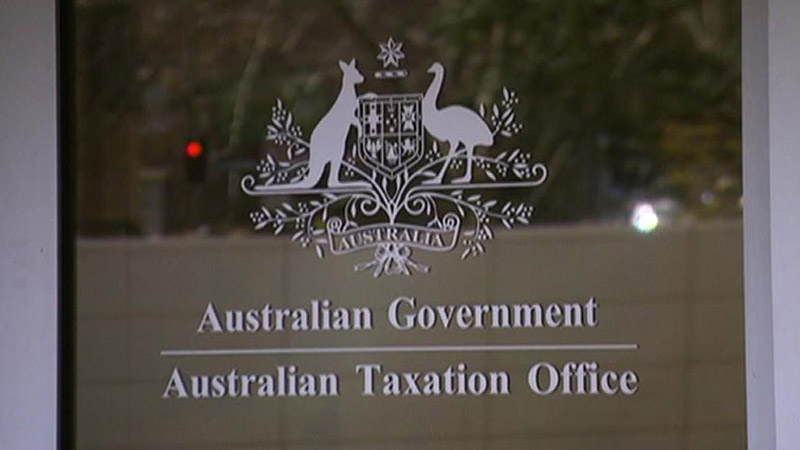ATO beefs up verification for SMSF rollovers
The ATO has beefed up its verification system for SMSFs wishing to receive a rollover from APRA-regulated funds, in an effort to root out unlicensed promoters encouraging the illegal early release of super.
In an update posted to the ATO website on Wednesday, the office said it would be conducting detailed due diligence on newly registered SMSFs before they received access to the Super Fund Lookup (SFLU) system that facilitates rollovers from APRA-regulated funds.
“We’ve improved the SMSF registration process to help prevent non-legitimate SMSFs from being listed on SFLU,” the ATO said.
“This new registration process means that it takes between two and 21 days before an SMSF is shown on SFLU as a regulated fund.”
The office said once a new SMSF was registered on SFLU, it would send the fund a notice of compliance within seven days and update the fund’s status to “complying” on SFLU.
This meant SMSFs would no longer need to lodge their first annual return to gain complying status on the SFLU system, the ATO said.
In addition, a new system had been developed for APRA-regulated funds to more easily verify members of new SMSFs.
The verification system could be accessed by SMSF members through the ATO’s online business portal using a corporate key registered through the ABN of the SMSF, eliminating the need for APRA funds to request trust deeds and other documents to verify SMSF membership.
At the recent Class Connect 2019 conference in Sydney, ATO future of SMSF client experience director Edward Chung said preventing the illegal early access of super through SMSFs was a key focus for the office, as the number of unlicensed promoters spruiking early-access schemes to consumers was increasing.
“Something we are seeing more frequently is people being targeted by promoters — they prey on individuals who know nothing about SMSFs and it’s not easy to identify them,” Mr Chung said.
“In one case, an organisation set up pop-up desks at major supermarkets telling passers-by they could buy a house or go on holiday with their super.
“The organisation was not licensed to provide advice and we had to deploy some novel tactics to disrupt their business model, like running targeted Facebook ad campaigns and publishing full-page warnings in the newspaper via ASIC.”
Mr Chung said individuals most commonly fell prey to these schemes when they were already under financial stress due to excessive debt or unemployment.








